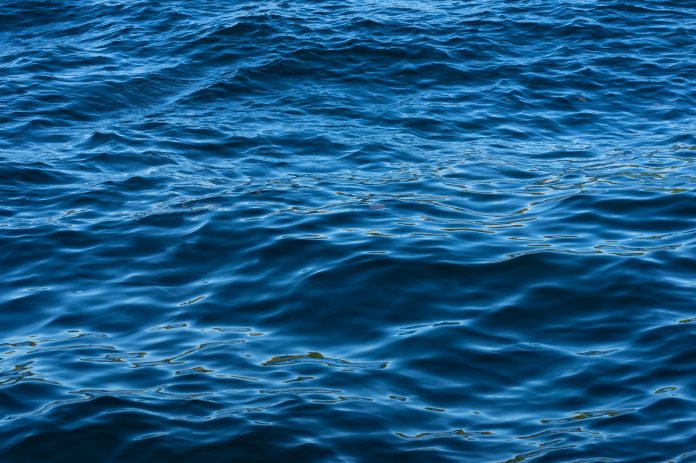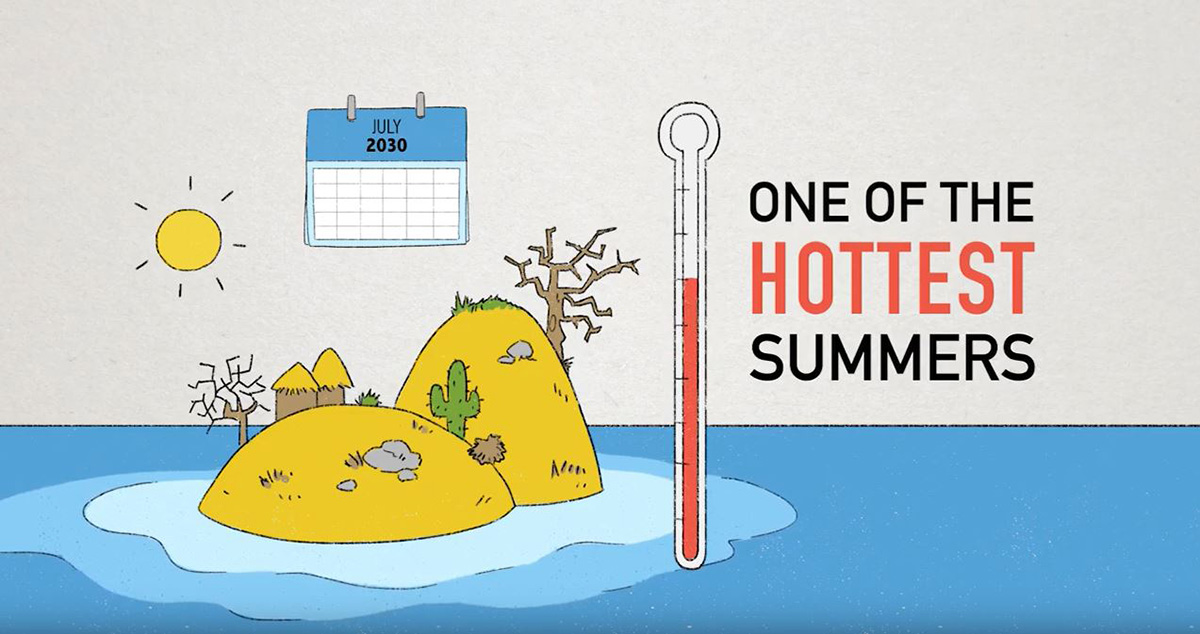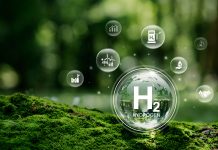Here, Simos Malamis explains the HYDROUSA project, which seeks to innovate wastewater treatment and create regenerative business models in the Mediterranean region
The Mediterranean is one of the most vulnerable regions of the planet, in terms of water scarcity. Its water resources are limited and irregularly distributed in time and space. Some Mediterranean areas have water reserves less than 500 m3/capita/year (structural shortage), and several areas have less than 1000 m3/capita/year (UN water stress level). Agriculture is the prime consumer of water, resulting in more than 70% of total consumption. On the other side, the water management is fragmented and there are several barriers, which need to be overcome in order to close the water loops and contribute towards the environmental and economic development of these regions.
Moving towards its solution
HYDROUSA is a Horizon2020 Innovation Action project which is funded by the European Union under the call “Industry 2020 in the Circular Economy” and within the topic “Water in the Context of the Circular Economy.” The project has a total budget of approximately €12 million and is part of the European Union’s circular economy water-related projects. It is coordinated by the Sanitary Engineering Laboratory of the School of Civil Engineering of the National Technical University of Athens and consists of 28 partners from 9 different countries.
HYDROUSA aims to develop and demonstrate local and decentralised solutions for water management in Mediterranean areas, which will close the water loops by valorising non-conventional water sources, energy and nutrients and this way boost the agricultural and energy profile of the region. The project goes beyond the current water and wastewater management practices by adopting innovative, nature-based and nature-inspired water management solutions, characterised by low energy and low carbon footprint. The HYDROUSA solutions have been shaped by the opinion of local stakeholders; this has emerged through a series of co-creation workshops and interviews which have taken place at the demonstration areas.
HYDROUSA Business Model
HYDROUSA develops a new circular business model, which is suitable for Mediterranean and other water-scarce regions. The model is based on the exploitation of non-conventional water sources (rainwater, wastewater, seawater, groundwater, vapour water, surface runoff) to produce water that is suitable for different uses (irrigation and domestic use), as well as added value products (agricultural crops, edible salt, compost, essential oils). These products are exploited locally for the benefit of local communities and end-users (farmers, municipalities, water utilities, SMEs), minimising long supply chains and associated transportation costs. This model strongly supports the concept of social justice and fairness in the utilisation of resources among communities. HYDROUSA solutions will also support ecosystems and green infrastructures within decentralised communities and will contribute to the greening of water-scarce areas.
Demonstration sites and innovations
The HYDROUSA concept is materialised through six full-scale demonstration sites implemented in three Mediterranean islands (Lesvos, Mykonos and Tinos). Furthermore, the transferability of HYDROUSA solutions will be assessed in 25 early adopter cases in Mediterranean areas and at water-stressed rural or peri-urban non-Mediterranean areas. The additional services that will be provided with the innovative approaches lead to a win-win situation for the economy, the environment, and the community.
HYDROUSA implements a number of innovations related to technology and services:
- Rainwater/stormwater management and storage into the aquifer to produce service water and agricultural irrigation water;
- Sewage treatment by anaerobic treatment coupled with constructed wetlands for water, energy and nutrient recovery. The process produces water that is safe to reuse and rich in nutrients to be valorised for plant growth;
- Water management as a combination of modern ICT and ancient water technologies;
- An agroforestry unit of diversified agricultural production which is irrigated by reclaimed water;
- Low-cost seawater desalination via a process of evaporation and condensation run by sunlight;
- New ways for circular economy financing models which map costs, resulting in economic, social and environmental benefits.
Further actions
HYDROUSA will support governments to identify and develop small and decentralised water-related services, delivering regenerated, closed loops. Potential further actions will be directed to creating regulatory and institutional clarity, generating conducive environment for the decentralised service delivery models. HYDROUSA water loops could be a support towards the European Green Deal, without leaving behind individual houses or small areas and ensure a fair and inclusive transition.
This project has received funding from the European Union’s Horizon 2020 Research and Innovation Programme under Grant Agreement No 776643.
Please note: This is a commercial profile













